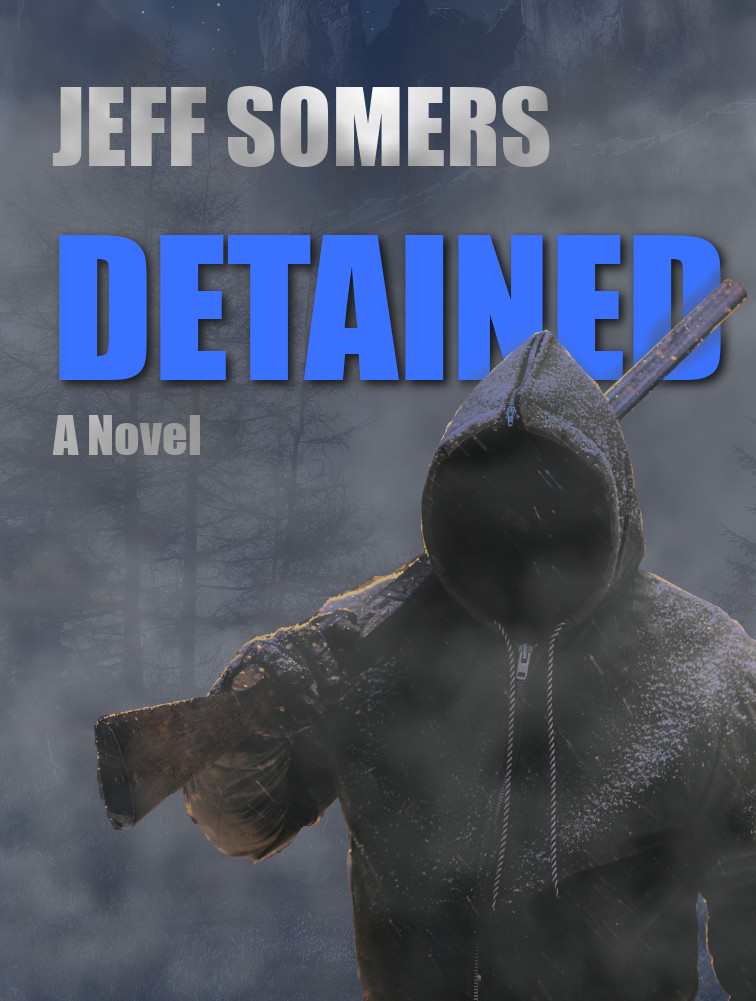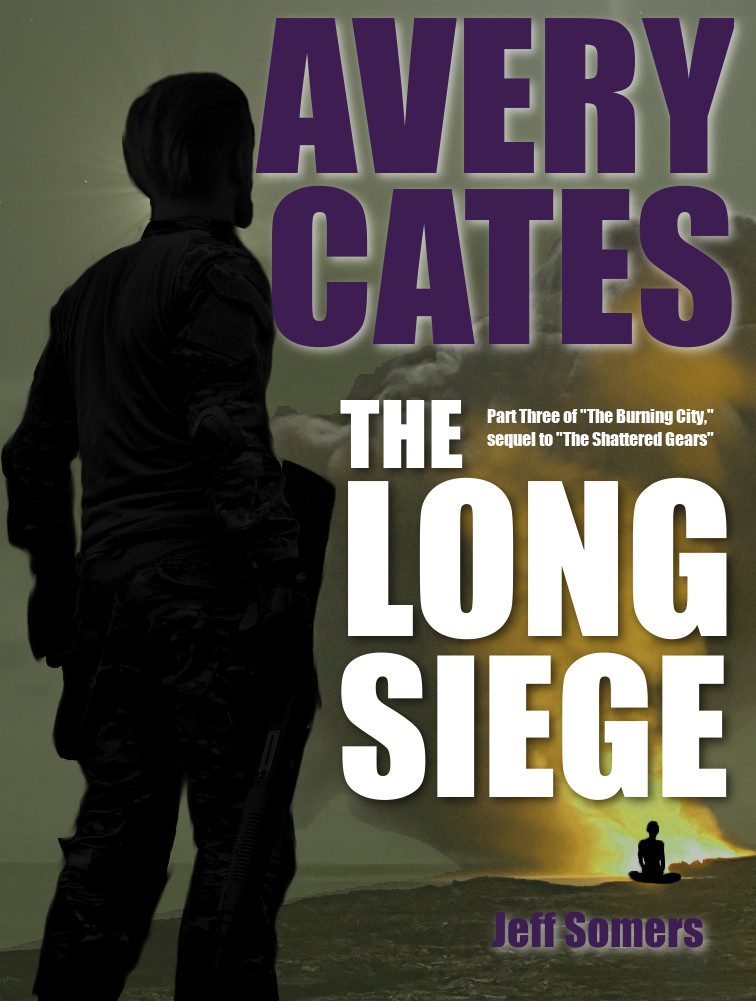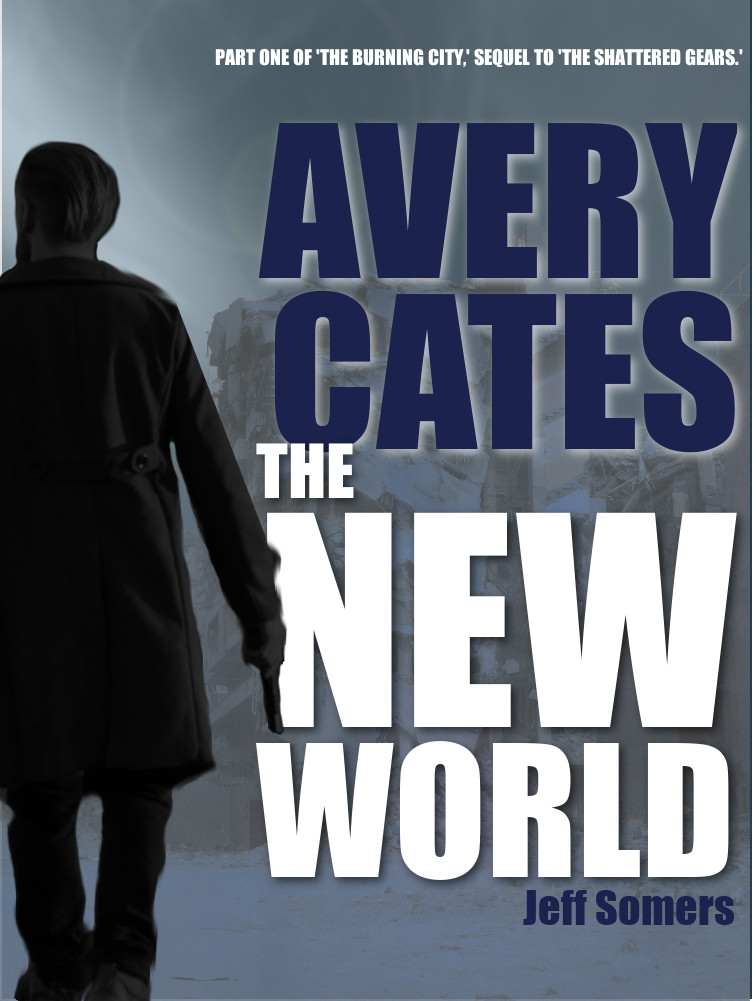In a few weeks I’ll finish revising the second novel I’ve completed in 2018 (technically they were both completed in 2017 in terms of first drafts, and now they’re both hitting a “presentable” polished stage, meaning I can inflict them on my long-suffering agent). This isn’t unusual for me; since 1988 or so I’ve completed 44 novels, and it’s not at all strange for me to finish 2-3 in a calendar year. Of course, that doesn’t mean they’re good novels; of those 44, after all, I’ve published 10 (one self-published), and at the moment there’s only 3 unpublished novels that have any chance of seeing the light of day (and that number includes the 2 I’m discussing here).
That’s me, that’s my process. I’m a write-it-all-and-figure-it-out-later kind of guy. I draft quickly, pants my way through plot, and as a result I have a high failure rate in terms of having top-notch material ready for my agent. I’m okay with that, because it’s just naturally how I work. By the time I figure out that a novel’s not working out I’m 80% of the way through it and my compulsive need to finish things kicks in.
The two novels I’m finishing up right now are really good, I think. And they’re interesting because they were both born, originally, as short stories written in 1992. Which, if you’re keeping score at home, was 26 fucking years ago.
I am old.
The Glorious Year of Glad
So, 26 years ago I wrote a story called The Hollow Men and a story called The Only Time. One was sci-fi, and one was sort of a dark thriller that wasn’t speculative but felt speculative, is the best way I can describe it.
I never sold either story as a short, but they lingered with me. The Only Time I tried to work into a novel in 1999, and to be honest I really liked that book at the time. A few years ago I was thinking about my journey with The Electric Church (which was originally written in 1993, then revised in 2004 into the version that sold to Orbit Books), so I dusted off that 1999 draft of The Only Time to see if similar magic might be done, but I wasn’t too happy with it in the cold light of middle age, so I started re-working it entirely in 2016, combining it with another concept. I finished that draft in 2017 and, frankly, hated it. The mixture of concepts didn’t work, and the earlier chapters had a different tone and feel because they hued closer to the earlier draft.
The Hollow Men just sat on my hard drive for decades. I always liked the core story, but even shortly after finishing it I realized it was juvenelia—one of those stories you write as a kid because you think it’s “cool” and “edgy” when it’s really just pointlessly nihilistic. But the basic concept stayed with me, and I finally decided in 2015 to try to expand the story into a novel. 60,000 words later, I had a hot stinking mess of a story. There was some great stuff in it, but one of the big reveals in the latter part of the plot turned out a bit more ridiculous than I’d expected.
I worked on it again in 2016, changing the big reveal to something more speculative and out-there. This didn’t work either.
Finally, I started revising again last year. The book had bloated up a bit, so I started cutting out unnecessary stuff, shifted a few parts around, and removed all explicit references to the speculative aspect while leaving it in invisibly—in other words, I know what’s behind everything, but it’s no longer stated in the story, and that works so much better y’all.
So: I wrote two shorts stories in 1992. In 2018, I’m finishing up novel-length versions of each and you would be hard-pressed to see the connections between them. The novels are so different from those original stories you’d never guess in a million years th related in any way.
And that’s writing, sometimes. The evolution of ideas is harsh. You cut ruthlessly. You sand and hone endlessly. Details erode away to reveal new details. Characters and entire subplots get deleted, shifted around, rendered invisible. And sometimes it take more than a quarter-century to take an idea and make it into a book.










